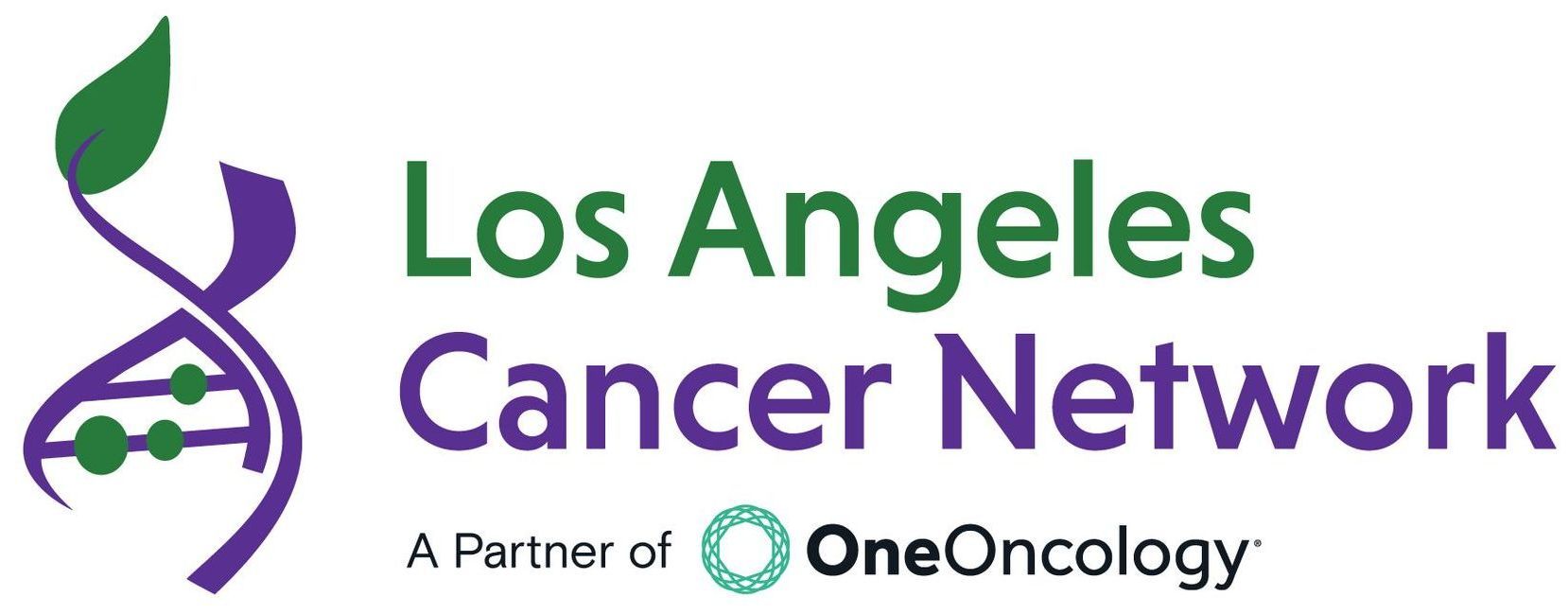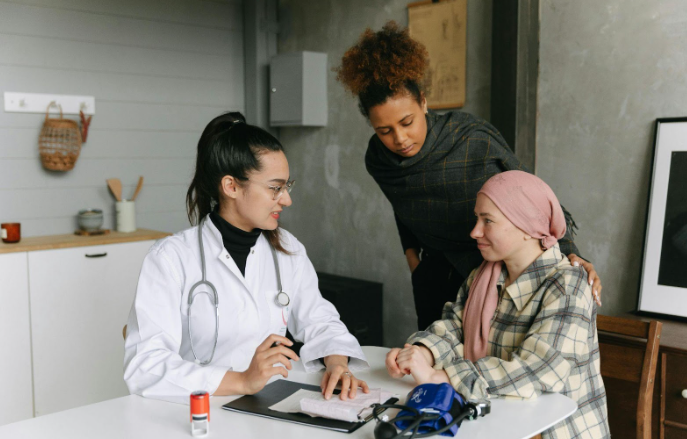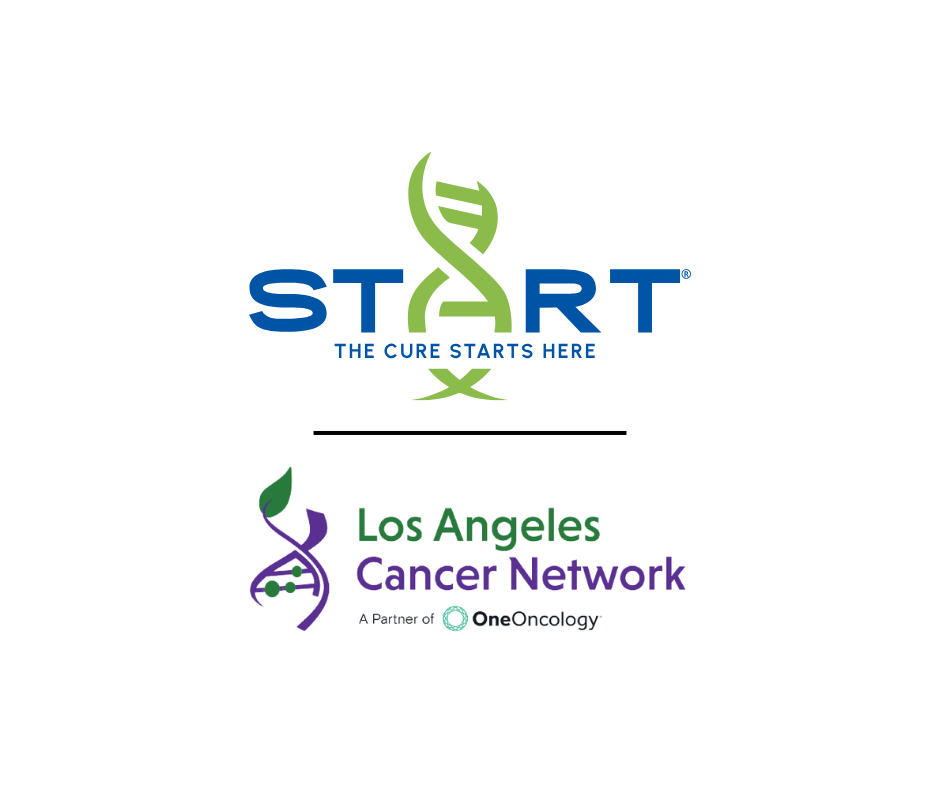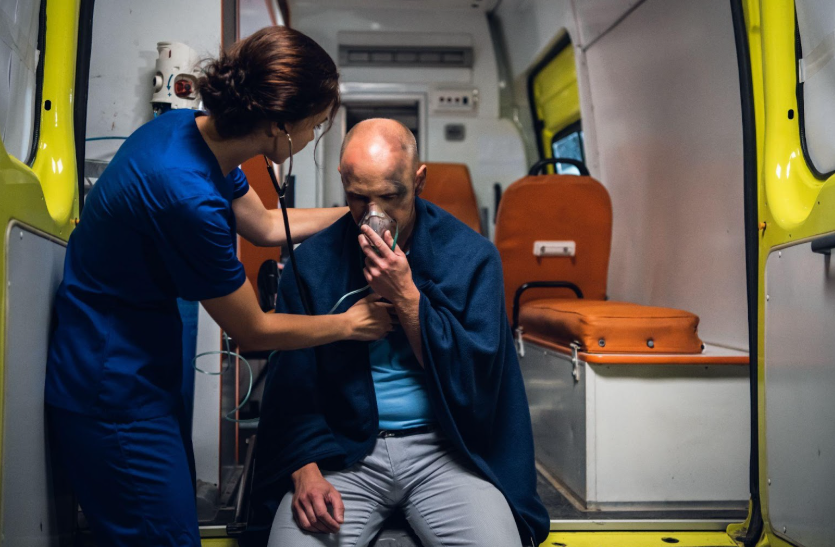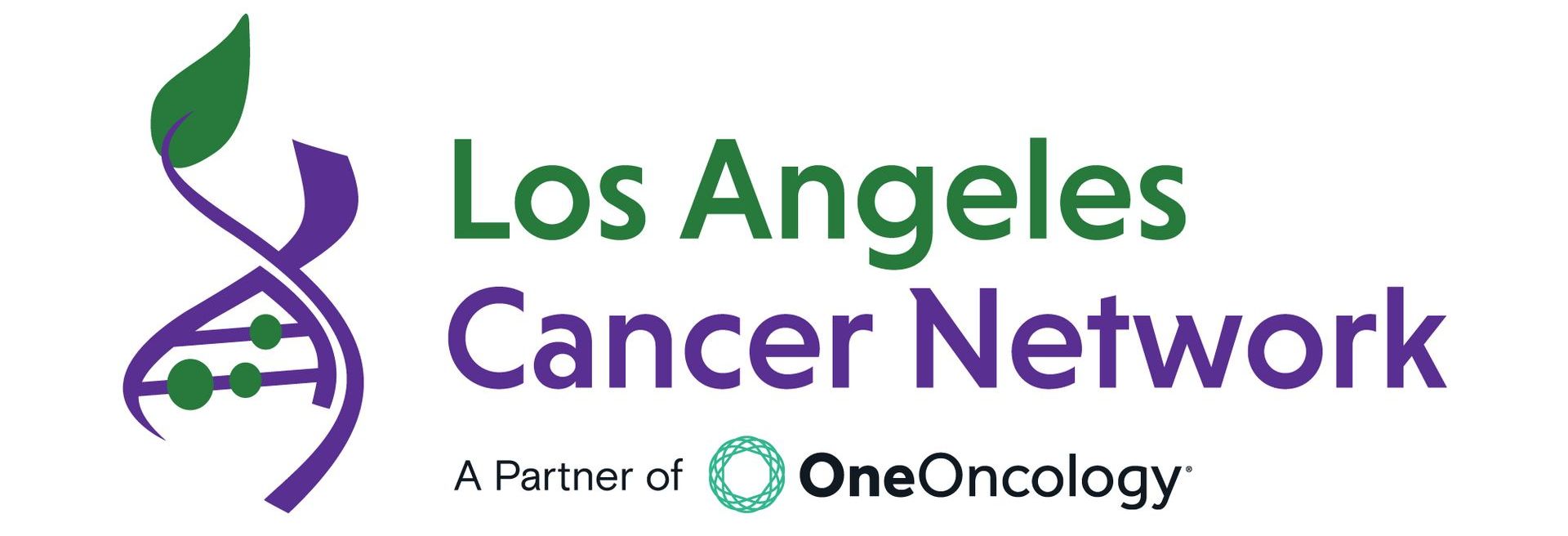How Your Health Turns Around after Quitting Smoking
How Your Health Turns Around after Quitting Smoking
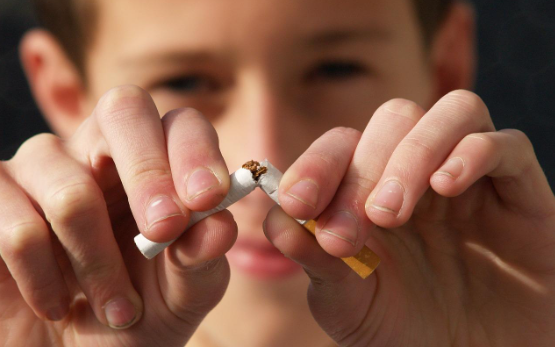
November is Lung Cancer Awareness Month, dedicated to raising awareness about the dangers of lung cancer and the importance of early detection. Lung cancer is the leading cause of cancer-related deaths worldwide, and smoking is the primary risk factor.
Still, there is hope. Quitting smoking can significantly reduce your risk of developing lung cancer and lead to dramatic improvements in your overall health. This blog will explain how quitting smoking can turn your health around, highlighting the impact on various body systems.
Respiratory System Healing Begins
Smoking wreaks havoc on the respiratory system, causing inflammation in the lungs, narrowing the airways, and making it difficult to breathe. The tiny air sacs in the lungs, known as alveoli, are responsible for oxygen exchange in the bloodstream. Smoking destroys these alveoli, reducing lung capacity and impairing breathing. Once you quit smoking, your lungs start to heal almost immediately.
Within days of quitting, lung capacity increases, and breathing becomes easier. Your lungs start to clear out the accumulated toxins, which may cause more coughing initially. This process is your body’s way of cleaning itself, and it’s a sign that your lungs are beginning to recover. Over time, the risk of lung infections like pneumonia and bronchitis decreases, and your overall lung function improves.
Repairing the Cardiovascular Damage
Smoking is a leading cause of cardiovascular disease, which includes heart attacks, strokes, and atherosclerosis (hardening of the arteries). The toxins in cigarette smoke damage the lining of blood vessels, causing plaque buildup that narrows the arteries and restricts blood flow. Smoking raises the chances of having a heart attack or stroke. Even light smoking and exposure to secondhand smoke can have harmful effects on your cardiovascular system.
The good news is that stopping smoking can significantly lower your risk of heart disease. Studies show that within
three years of quitting, your risk of a heart attack drops to that of a non-smoker. Also, quitting smoking lowers the risk of developing atherosclerosis and blood clots, improving overall cardiovascular health.
Strengthening Your Defenses
Smoking affects the immune system, making it more difficult for the body to fight illnesses. Cigarette smoke irritates lung tissue and increases susceptibility to conditions like pneumonia and bronchitis. Quitting smoking allows your immune system to recover and become stronger. As your immune system heals, you’ll be less likely to suffer from respiratory infections and other illnesses.
During Lung Cancer Awareness Month, it’s important to highlight the connection between smoking and weakened immunity. By quitting smoking, you give your body a better chance to fight off diseases, including
lung cancer.
Restoring Fertility and Reducing Risks
Smoking has a detrimental impact on the reproductive system in both men and women. For women, smoking can lead to fertility problems and increase the risk of miscarriage and other pregnancy complications. In men, smoking affects sperm health, leading to a lower sperm count and reduced fertility.
Quitting smoking can reverse many of these effects. Women who quit smoking before or during pregnancy have a better chance of having a healthy baby, while men who quit may see improvements in sperm health.
Reducing the Risk of Kidney Disease
While the connection between smoking and kidney disease may not be as well known, it’s still significant. Smoking affects medications used to treat high blood pressure, a leading cause of kidney disease. Smoking reduces blood flow to the kidneys, impairing their function and increasing the risk of kidney damage. Quitting smoking helps to restore normal blood flow to the kidneys and can reduce the risk of developing kidney disease.
Breaking Free from Nicotine Addiction
Nicotine, the addictive substance in cigarettes, has profound effects on the nervous system. It acts as both a stimulant and a depressant, creating a cycle of addiction that’s hard to break. Smoking initially causes a release of hormones like epinephrine and dopamine, leading to feelings of pleasure and relaxation. These effects are short-lived, and the body quickly craves another cigarette, perpetuating the addiction. Smoking cessation breaks this cycle. While withdrawal symptoms can be challenging, they are temporary, and the benefits of quitting far outweigh the discomfort.
Reversing the Visible Effects
Smoking accelerates aging, resulting in premature wrinkles, poor skin, and hair loss. The toxins in cigarette smoke reduce blood flow to the skin and hair follicles, depriving them of essential nutrients. This results in a loss of skin elasticity, yellowing of the nails, and thinning of the hair.
When you quit smoking, your skin and hair begin to recover. Blood flow improves, bringing oxygen and nutrients to the skin and hair follicles. With consistency, you’ll notice a healthier complexion, stronger nails, and thicker, more vibrant hair.
Reclaiming a Healthy Smile
Smoking has a significant impact on oral health, leading to bad breath, stained teeth, gum disease, and an increased risk of oral cancer. The tar and nicotine in cigarettes cause plaque buildup, while reduced blood flow to the mouth increases the risk of infections and cancer.
Quitting smoking can reverse many of these effects. After a period, your breath will improve, your teeth will become less stained, and your gum disease and oral cancer risk will decrease.
Reducing Stress and Anxiety
While smoking may provide temporary relief from stress, it ultimately increases tension, anxiety, and the risk of depression. Nicotine addiction creates a cycle of dependence, where the body craves more cigarettes to maintain feelings of relaxation.
Giving up cigarettes can significantly improve
mental health. Without the constant need for nicotine, stress levels decrease and overall well-being improves. As such, it’s important to note just how much quitting smoking can lead to a happier, healthier life, and that includes mental health as well.
November is Lung Cancer Awareness Month, an important time to raise awareness about the hazards of smoking and the immense health advantages of quitting. Whether you or someone you know is grappling with a smoking habit, it's never too late to stop. Our team at
LA Cancer Network is here to assist you on your path to improved health.
Contact us to learn more about our services and take the initial step towards a healthier future.


